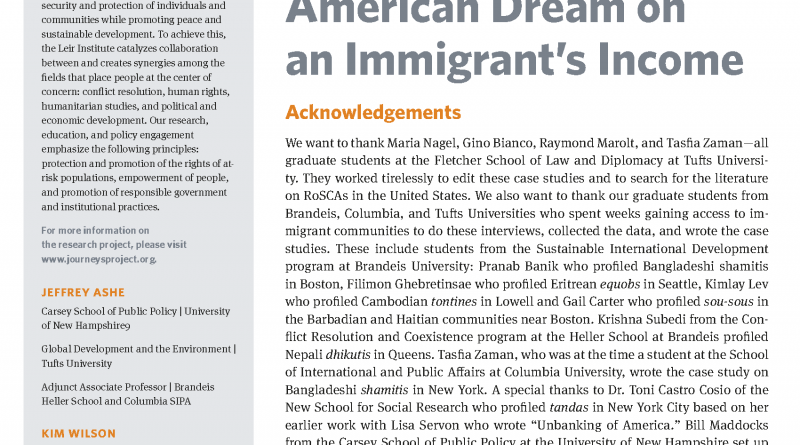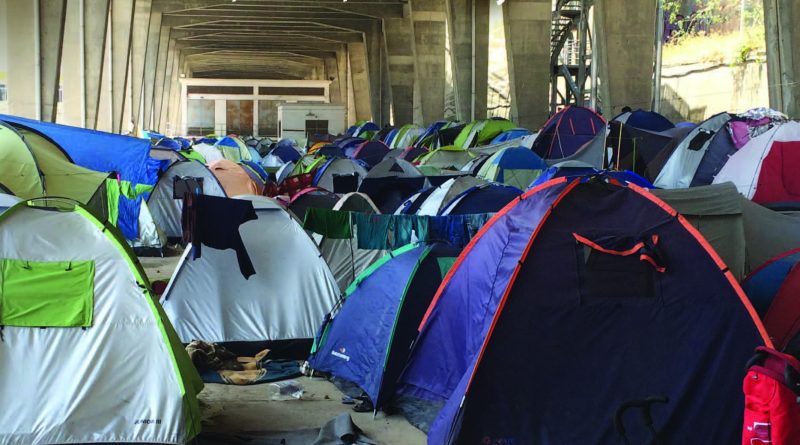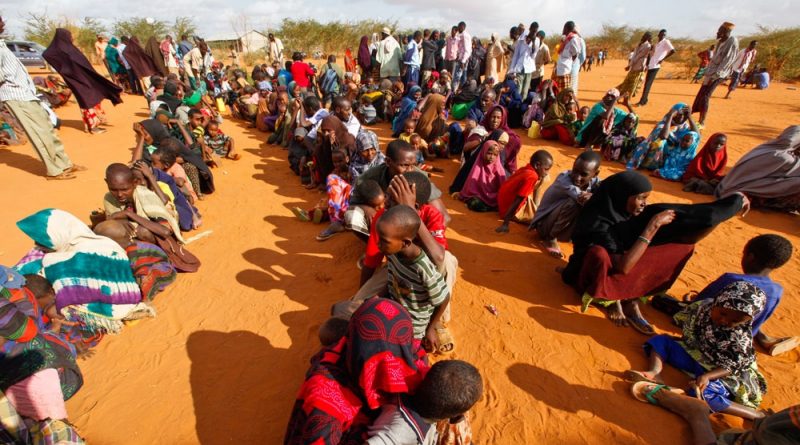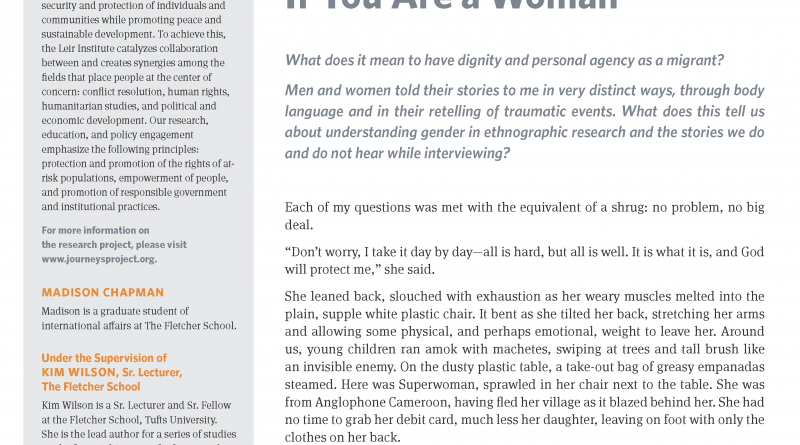Learning to Live in Limbo
By Maria Teresa Nagel, under the supervision of Kim Wilson.
Starting in 2018, Central American migrants attempting to enter the United States have encountered a series of obstacles which have forced them to consider a longer stay in Tijuana, a circumstance which presents new and unanticipated challenges. This essay explores the new realities faced by Central American migrants, whose journeys were expected to end in the United States, but who have instead had their own odyssey truncated and paused indefinitely in Tijuana, Mexico.






